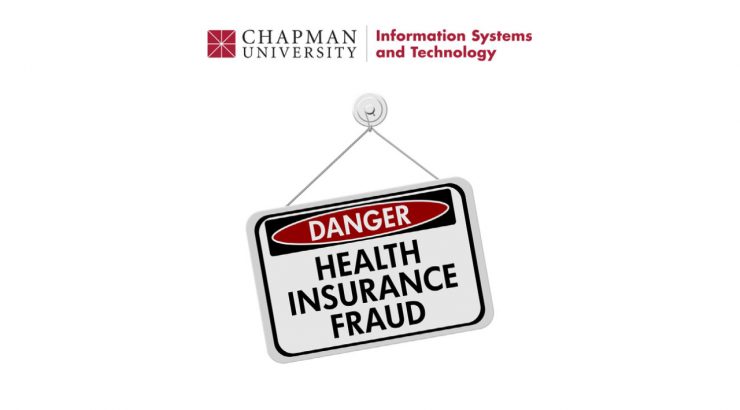
Long-Term Care Insurance Scam: Protecting Yourself From Financial Exploitation
June 14, 2023
The world of online communication has opened up a new era of convenience, but it has also led to a surge in deceptive practices, including email scams. One such insidious scam that has been operating for years, changing its guise just enough to evade email filters, involves offering Long-Term Care insurance coverage for school employees.
Long-term care insurance can provide peace of mind by covering the costs associated with nursing homes, assisted living facilities, and in-home care services. However, with this rising popularity, unscrupulous individuals have seized the opportunity to perpetrate long-term care insurance fraud. These scams can leave vulnerable individuals and their families financially devastated. Here is a deeper look into how this scam operates and how to protect yourself.
Understanding Long-Term Care Insurance Scams:
Phantom Policies and Misleading Sales Tactics are two common schemes employed by fraudsters in the realm of long-term care insurance. In the case of Phantom Policies, scammers deceive individuals by selling fake policies that promise comprehensive coverage. While collecting premiums for these policies, they provide no actual coverage, leaving policyholders vulnerable and unprotected when the need for care arises. On the other hand, Misleading Sales Tactics involve unscrupulous agents who use high-pressure techniques or provide false information about policy benefits, coverage limitations, or premium rates. This misinformation can lead individuals to purchase policies that do not align with their needs or are more expensive than initially presented.
Another prevalent tactic used by scammers is posing as authorized insurance providers. These unauthorized entities convince unsuspecting individuals to buy policies directly from them. However, these entities are often unlicensed or unauthorized, resulting in policyholders being left without coverage when they require it most. Lastly, scammers may employ Unsolicited Calls and Door-to-Door Sales to target seniors, who are often more susceptible to persuasion or manipulation. These scams involve offering long-term care insurance policies without prior request or consent, further exploiting vulnerable individuals.
Protecting Yourself from Long-Term Care Insurance Scams:
Being aware of the tactics employed by scammers and taking proactive steps can help protect you from falling victim to long-term care insurance scams. Consider the following tips:
- Research and Verify: Before purchasing a long-term care insurance policy, thoroughly research the provider and agent. Verify their credentials, licensing, and reputation. Check with your state’s insurance department to ensure they are authorized to sell insurance in your area.
- Understand the Policy: Read the policy documentation carefully and ask questions to clarify doubts or concerns. Ensure that you fully understand the benefits, coverage limitations, waiting periods, and premium details before signing any contracts.
- Seek Professional Advice: Consult with a trusted financial advisor, attorney, or insurance expert who can guide you through the process and help you make informed decisions. They can review policy terms, explain complex insurance jargon, and ensure that your interests are protected.
- Be Cautious of Unsolicited Offers: Be skeptical of unsolicited calls, emails, or door-to-door sales offers. Legitimate insurance providers typically do not engage in such practices. Only share personal information or make financial commitments with proper verification.
- Report Suspected Scams: If you encounter a potential long-term care insurance scam or suspect fraudulent activity, report it to your state’s insurance department, the Federal Trade Commission (FTC), or local law enforcement. Your report can help prevent others from falling victim to the same scam.
- By using an insurance license number or name, you can retrieve the license details, including enforcement actions, for an insurance agent, broker, adjuster, bail agent, and agency or organization.
The FBI has confirmed these scams’ prevalence and continues to monitor their evolution. However, the responsibility to avoid falling into these traps is ours. Stay vigilant, double-check any unsolicited offers, and do not hesitate to verify the legitimacy of any insurance-related communication. Long-term care insurance scams can have devastating financial and emotional consequences for individuals and families. By staying vigilant, conducting thorough research, seeking professional advice, and reporting suspicious activities.
If you receive a suspicious email in your Chapman account, do not click on any link or reply to the sender. Instead, please continue to report any malicious message by forwarding it as an attachment to abuse@chapman.edu. To see the latest trending scams, please visit www.chapman.edu/scams. Visit the FBI’s Internet Crime Complaint Center (IC3) to learn how to protect yourself and report scams.
Stay safe and secure!
Chapman University Information Systems & Technology (IS&T)

